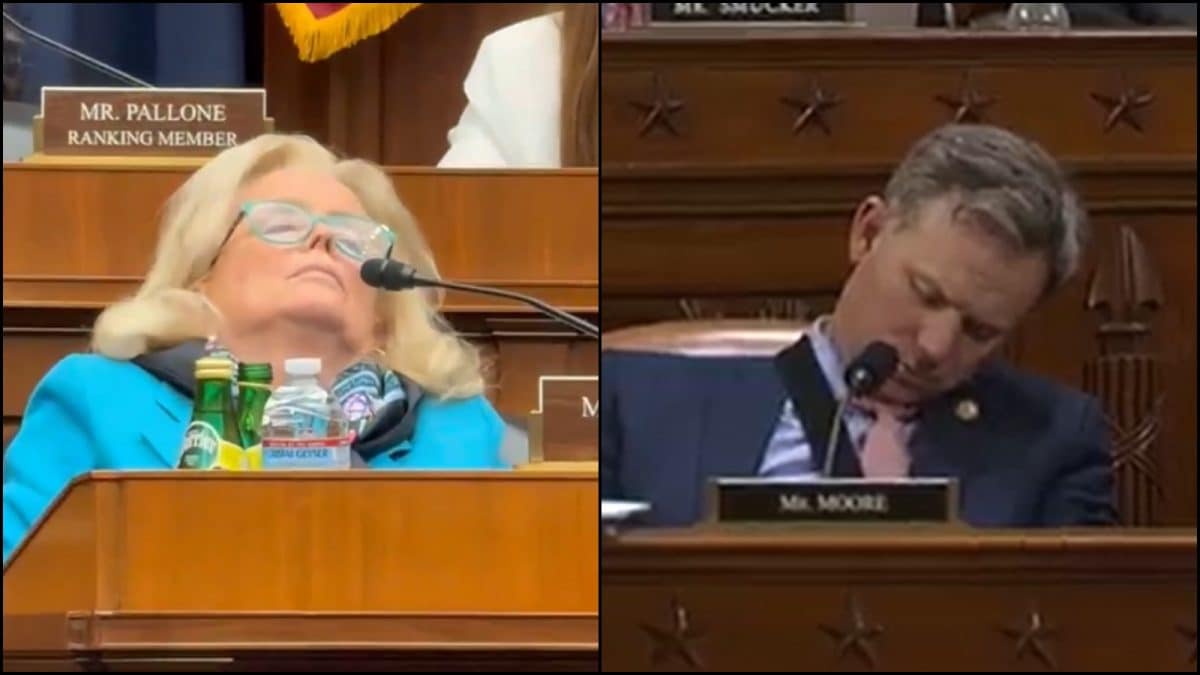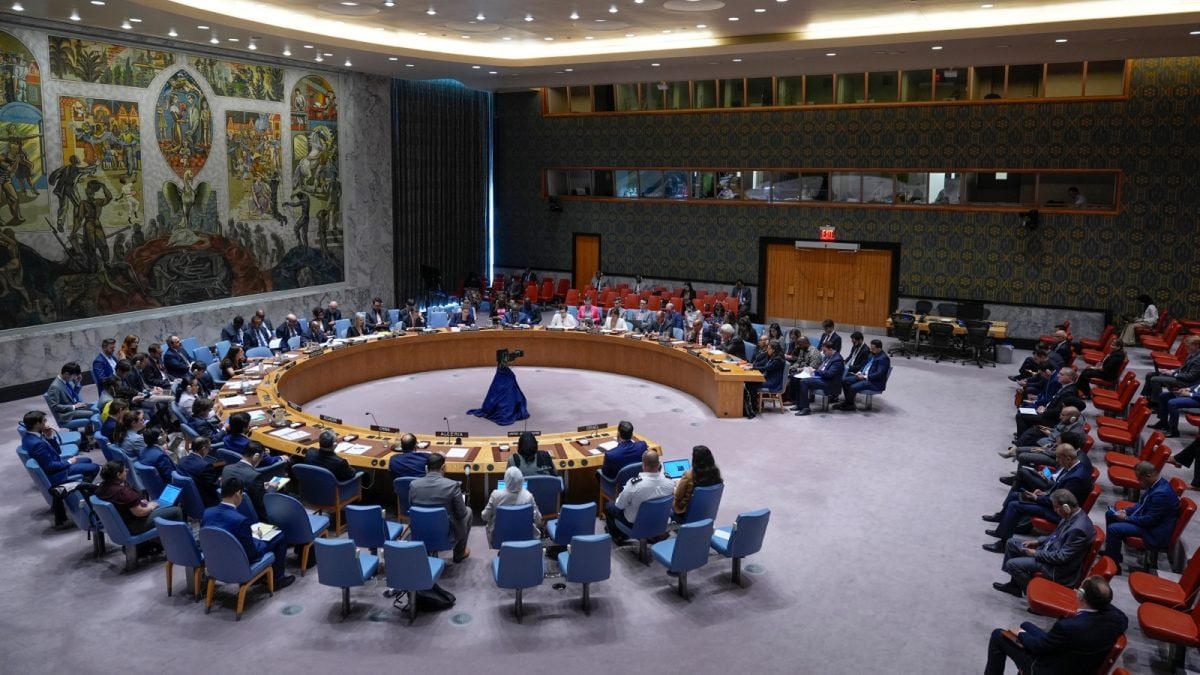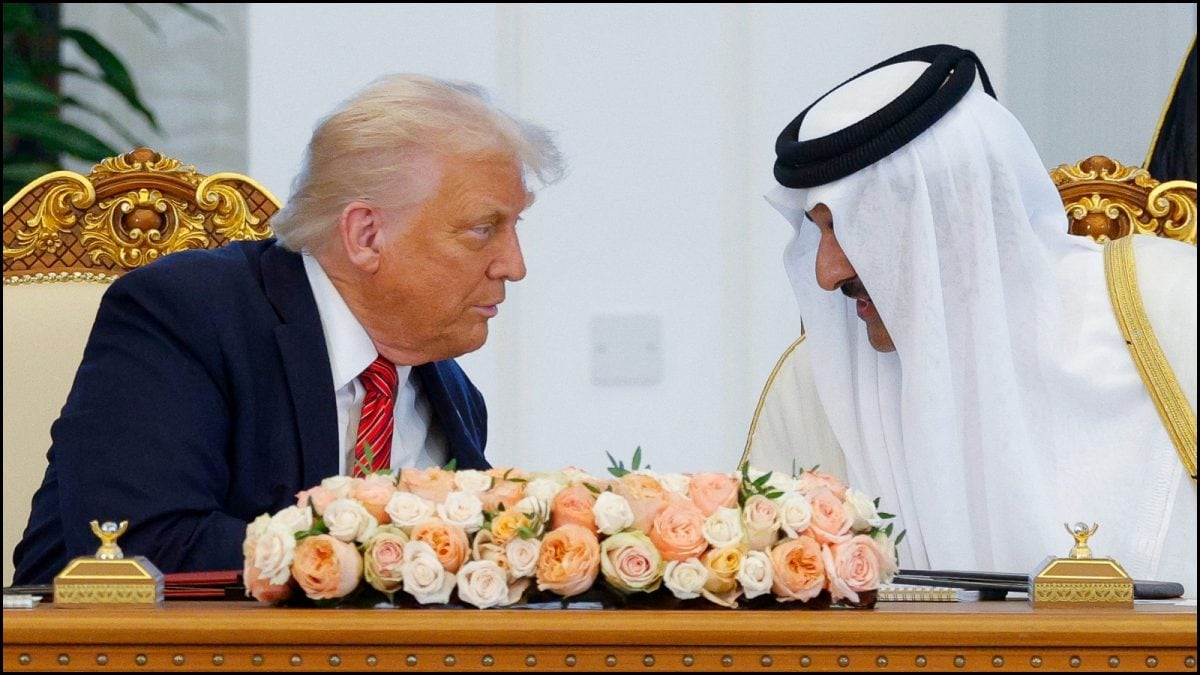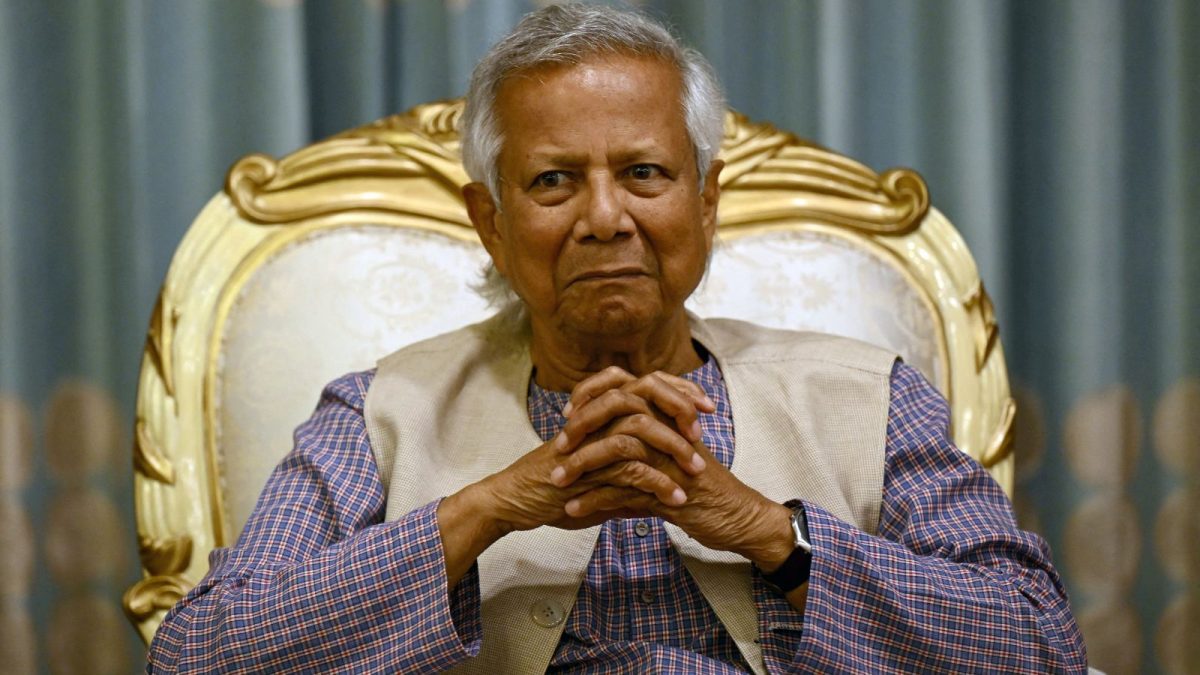The Massachusetts Institute of Technology (MIT) has said that visas and immigration statuses for nine of its international students and researchers were revoked without any prior warning or explanation. The move comes as part of the Donald Trump administration's crackdown on immigration as well as an attempt to temper the activism that they perceive as hostile to conservatives.
Till now, the US government has cancelled the visas of nearly 530 students, faculty and researchers across 88 colleges and universities, as per a report by CBS.
In a letter to the MIT community, university president Sally Kornbluth on Monday expressed concern over the recent government actions that, she said, threatened not just MIT's operations but also the country's ability to attract top global talent and maintain scientific leadership.
"Since April 4, nine members of our community - students, recent graduates and postdocs - have had their visas and immigration status unexpectedly revoked," Kornbluth wrote, adding that the lack of any official communication or rationale from the government was alarming.
While the institute was not directly involved in the lawsuit filed by one affected student, it says it remained "extremely concerned" about the broader implications.
"These actions are interfering with the normal functioning of MIT," Kornbluth said. "They diminish our ability both to serve the nation and to attract the world's finest talent."
The visa revocations come alongside a separate federal policy shift that prompted MIT and several other top-tier universities, including Princeton, Caltech and the University of Illinois, to sue the Department of Energy (DOE) in a Boston federal court.
The lawsuit challenges the administration's sudden decision to cap indirect research cost reimbursements at 15 per cent, a move that could result in hundreds of millions in lost funding for academic institutions engaged in high-stakes research.
Indirect costs cover vital infrastructure and services that support scientific research but aren't tied to a specific project. These include safety protocols, facility maintenance, data storage and compliance systems. MIT noted that nearly 1,000 members of its community rely on DOE grants, which were now at risk.
In her letter, Kornbluth said the cuts would "devastate scientific research at America’s universities" and hurt the country's long-term innovation prospects.
"To find those rare people (with exceptional talent), we open ourselves to talent from every corner of the US and from around the globe," she wrote. "The threat of unexpected visa revocations will make it less likely that top talent from around the world will come to the US - and that will damage American competitiveness and scientific leadership for years to come."
The Department of Energy announced the new cap on April 11, saying it would make federal research spending more transparent and efficient. But universities say the change is unfair and disruptive, especially since many had already agreed on much higher reimbursement rates. For example, the University of Michigan could lose over USD 30 million because of this new rule.
This is the second time in recent months that universities have been forced into court over similar actions. Earlier this year, the Institutes of Health (NIH) imposed a similar funding cap, which was then challenged in court. A federal judge issued a permanent injunction halting those cuts while the case proceeds.
The government is using funds to negotiate with the universities and ensure they comply with the directives. The punishment for defiance is freezing of funding, like with Harvard University.
The Trump administration on Monday froze approximately USD 2.3 billion in federal funding to Harvard University after the Ivy League school refused to comply with a list of White House demands to limit activism on campus and dismantle its diversity, equity, and inclusion (DEI) programmes.
The freeze includes USD 2.2 billion in grants and USD 60 million in federal contracts, according to the department's task force on combating antisemitism, which said Harvard's resistance reflected "the troubling entitlement mindset that is endemic in our nation's most prestigious universities".
(With inputs from Reuters)
Published On:
Apr 15, 2025

 4 weeks ago
4 weeks ago

















